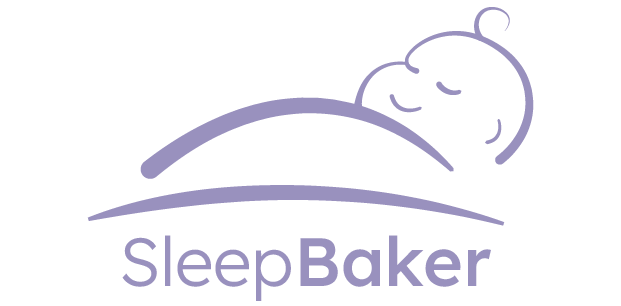
Managing Reflux: A Guide
Dealing with reflux in babies can be challenging for parents, but understanding its causes and management strategies can provide relief.
Babies experience reflux when the valve at the top of their stomachs is loose, allowing stomach contents to move up into the esophagus. While this is normal, it can lead to discomfort and distress for both infants and parents.
Parents often find themselves struggling with newborns who cry for extended periods or experience vomiting due to reflux. Because babies can't communicate their distress verbally, it's essential to address reflux with appropriate methods to alleviate their discomfort.
One common misconception is that elevating babies during sleep can help alleviate reflux symptoms. However, this practice can increase the risk of SIDS, and babies don't need to be inclined excessively to find relief.
As babies mature and spend less time lying on their backs, the valve at the top of their stomachs strengthens, leading to an improvement in reflux symptoms over time. Typically, reflux gets better when babies reach 5 to 7 months of age and can sleep on their stomachs.
In the meantime, seeking advice from SleepBaker can provide exhausted parents with a management plan to help alleviate reflux symptoms. While it may not cure the issue completely, it can offer some relief and improve sleep quality for both babies and parents.
Share

